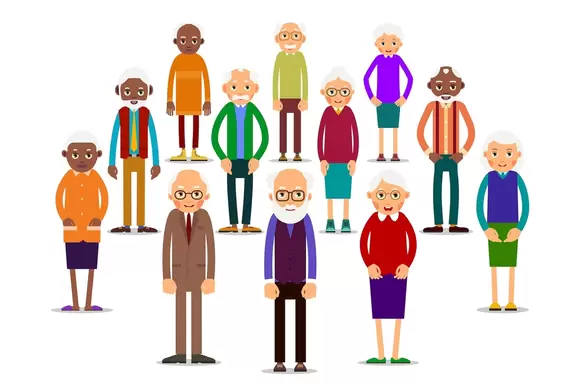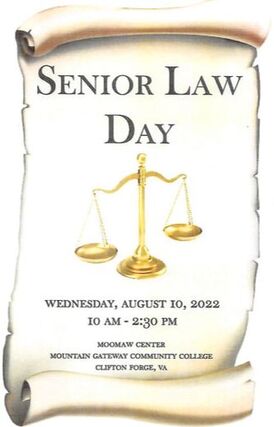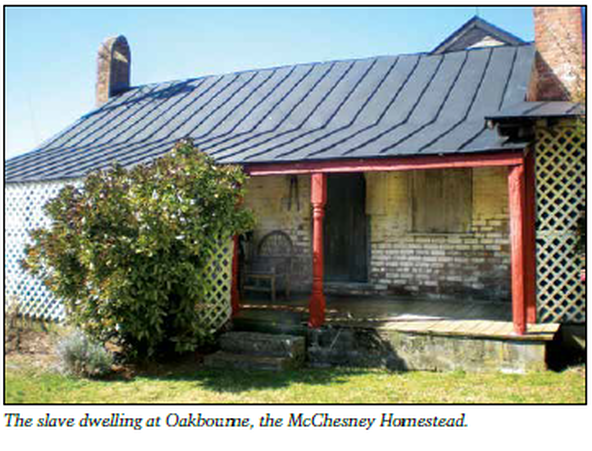There are many reasons this is happening. Of course, money worries and inflation are obvious assumptions, but that’s not the complete explanation. Survey data from Joblist does indicate that 27 percent of those quietly returning to work are doing so because they need the money and another 21 percent fear that inflation was eroding their retirement nest egg. But a full 60 percent of retirees returning to work say they are simply “looking for something to do.” According to Joblist CEO Kevin Harrington, “Many people struggle with how to spend their time after they retire and miss the social connection that work provides.”
Those who are quietly returning are not simply unretired; they are innovators. They are re-assessing life and setting priorities. These older adults are developing something that is neither our current idea of retirement or of work. They are quietly creating something else — a new life stage altogether that sees the retirement age of today as a mile marker, not an exit.











 RSS Feed
RSS Feed